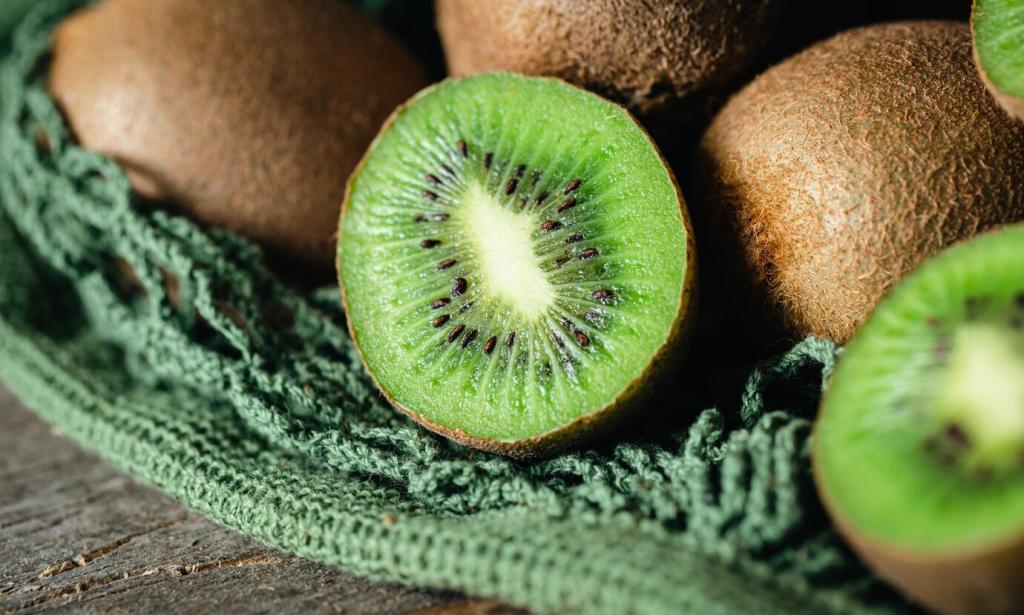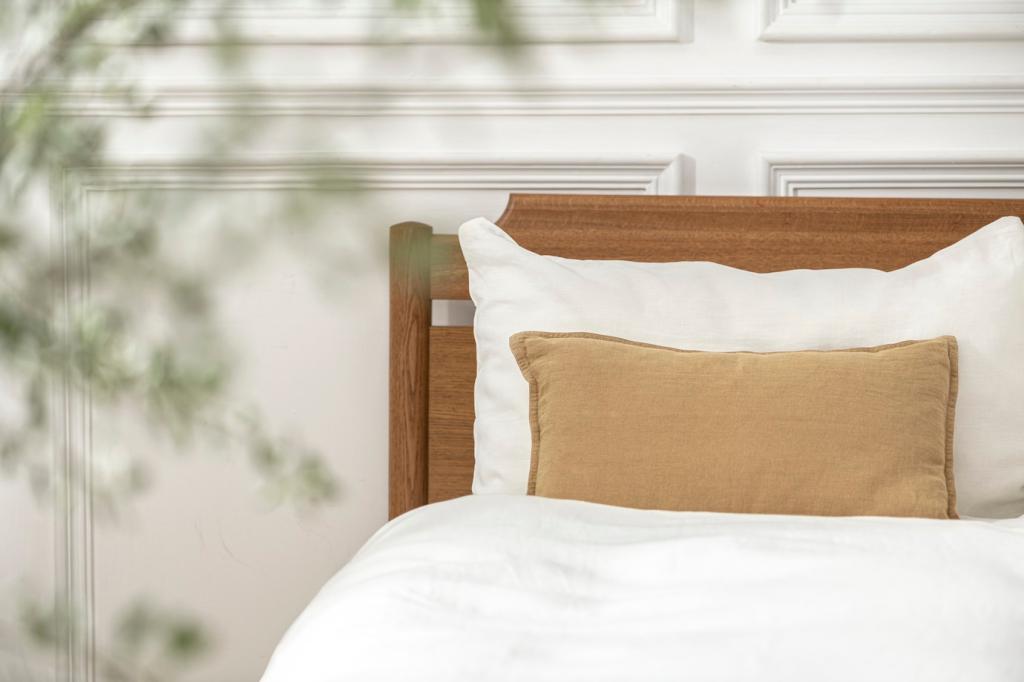
Eco-Friendly Flooring Options
Discover how sustainable flooring choices can transform your living space into an environmentally conscious haven without sacrificing style or comfort. Eco-friendly flooring options not only reduce your carbon footprint but also offer durability, visual appeal, and better indoor air quality. Embracing green materials in your home or business can make a significant difference for both the planet and the people who use your spaces daily.
Sustainable Hardwood Flooring

FSC-Certified Wood Floors
Choosing wood certified by the Forest Stewardship Council (FSC) means selecting flooring that supports responsible forestry. FSC standards guarantee that the wood is harvested sustainably, protecting wildlife habitats and reducing illegal logging. These certifications allow you to enjoy the warmth and elegance of hardwood while supporting important global environmental efforts. FSC-certified floors are available in a variety of species, finishes, and styles, enhancing both traditional and modern interiors.

Reclaimed Wood Flooring
Reclaimed wood flooring is created from salvaged lumber, often sourced from old barns, factories, or warehouses scheduled for demolition. By repurposing existing resources, reclaimed wood minimizes new tree harvesting and keeps durable materials out of landfills. Each plank tells a unique story with its original grain, patina, and markings, adding character to your home. Not only does this reduce waste, but it also preserves heritage and history in every floor.

Engineered Hardwood with Sustainable Cores
Engineered hardwood made with sustainable core materials is another responsible choice. These products typically use fast-growing woods or recycled fibers as the base layer, topped with a thin veneer of premium hardwood. This construction method uses less valuable timber, conserving old-growth forests while delivering the same luxurious look and feel. Engineered boards are also more stable than solid wood, making them ideal for areas with fluctuating humidity and temperature.
Bamboo Flooring Solutions
Rapid Renewability of Bamboo
Bamboo is technically a grass, not a tree, which allows it to mature within three to five years—much quicker than the decades needed for hardwood trees. This rapid renewability means bamboo can be harvested more frequently without endangering the ecosystem. Its quick regrowth also contributes to soil stability and carbon sequestration, making it one of the greenest flooring materials available.
Durability and Performance
Many are surprised to learn that high-quality bamboo flooring boasts resilience comparable to, or even exceeding, traditional hardwoods like oak and maple. Strand-woven bamboo undergoes a manufacturing process that compresses fibers under high pressure, resulting in stunning floors that can stand up to busy households and commercial spaces. Its natural strength makes it an investment that will maintain its beauty and integrity over time.
Eco-Conscious Manufacturing Processes
The environmental benefits of bamboo flooring can be maximized by choosing products manufactured with non-toxic adhesives and finishes. Look for options that are free from formaldehyde and volatile organic compounds (VOCs), ensuring healthier indoor air quality. Ethical brands also implement energy-efficient practices and use responsibly sourced materials, making your bamboo flooring choice as green as possible from start to finish.
Harvesting Cork Responsibly
The process of harvesting cork is entirely sustainable, as the bark is carefully stripped from the trees, which then continue to thrive and regenerate a new layer. A single cork oak can be harvested multiple times throughout its lifespan, promoting biodiversity and supporting rural communities. This responsible approach ensures your flooring choice helps protect forests and encourages responsible land stewardship.
Comfort and Natural Insulation
Cork tiles and planks provide a soft, cushiony feel underfoot that many find preferable to harder flooring surfaces. This comfort is especially appreciated in spaces where you stand for long periods, such as kitchens. Additionally, cork’s cellular structure traps air, giving it natural insulating properties that help keep rooms warmer in winter and cooler in summer, potentially reducing energy bills and enhancing comfort year-round.
Hypoallergenic and Safe Material
Cork contains a substance called suberin, which makes it naturally resistant to mold, mildew, and insect infestation. This quality, combined with its hypoallergenic nature, makes cork an ideal choice for allergy sufferers and households with children or pets. Furthermore, modern cork flooring is often finished with water-based, non-toxic coatings that protect indoor air quality while maintaining the material’s eco-friendly integrity.
Previous slide
Next slide
Produced by repurposing materials such as used tires, recycled rubber flooring offers surprising versatility and eco-friendliness. The manufacturing process diverts significant waste from landfills while delivering a resilient and slip-resistant surface well-suited to gyms, playrooms, and high-traffic areas. Beyond durability, recycled rubber absorbs impact and noise, enhancing comfort and safety without sacrificing sustainability.

Low-VOC and Nontoxic Flooring Finishes
Volatile organic compounds (VOCs) are chemicals that can off-gas from many conventional floor finishes and adhesives, polluting indoor air and posing health risks. Low-VOC alternatives minimize the release of these harmful substances, contributing to a cleaner indoor environment. Selecting low-VOC products is essential for households with children, elderly, or individuals with respiratory sensitivities who are especially vulnerable to air pollutants.
Modern advancements in flooring technology have led to the introduction of plant-based oils and waterborne polyurethane finishes that are both safe and effective. These finishes protect flooring surfaces without introducing hazardous toxins or persistent odors. The result is a natural-looking, durable layer that highlights the inherent beauty of the floor while supporting healthier homes and workplaces.
Even the most sustainable flooring can underperform from an environmental standpoint if installed with harsh chemical adhesives. Eco-friendly installation materials make use of non-toxic, solvent-free formulas that adhere strongly but won’t harm air or water quality. By researching and selecting green adhesives, you complete the eco-conscious circle from product selection to the final installation.

Leadership in Energy and Environmental Design (LEED)
LEED is a widely recognized certification system that evaluates the environmental impact of building materials and practices. LEED-compliant flooring products help earn points toward overall building certification, emphasizing responsible sourcing, low emissions, and resource conservation. By choosing flooring recognized under the LEED program, you’re aligning your project with global standards for environmental excellence.
Cradle to Cradle Certification
The Cradle to Cradle Certified™ program assesses products for environmental and social responsibility throughout every stage of their lifecycle. Flooring that carries this certification has been rigorously evaluated for material health, recyclability, energy use, water stewardship, and social fairness. Supporting Cradle to Cradle products ensures your floors contribute positively to both people and the planet from production to end-of-life.
